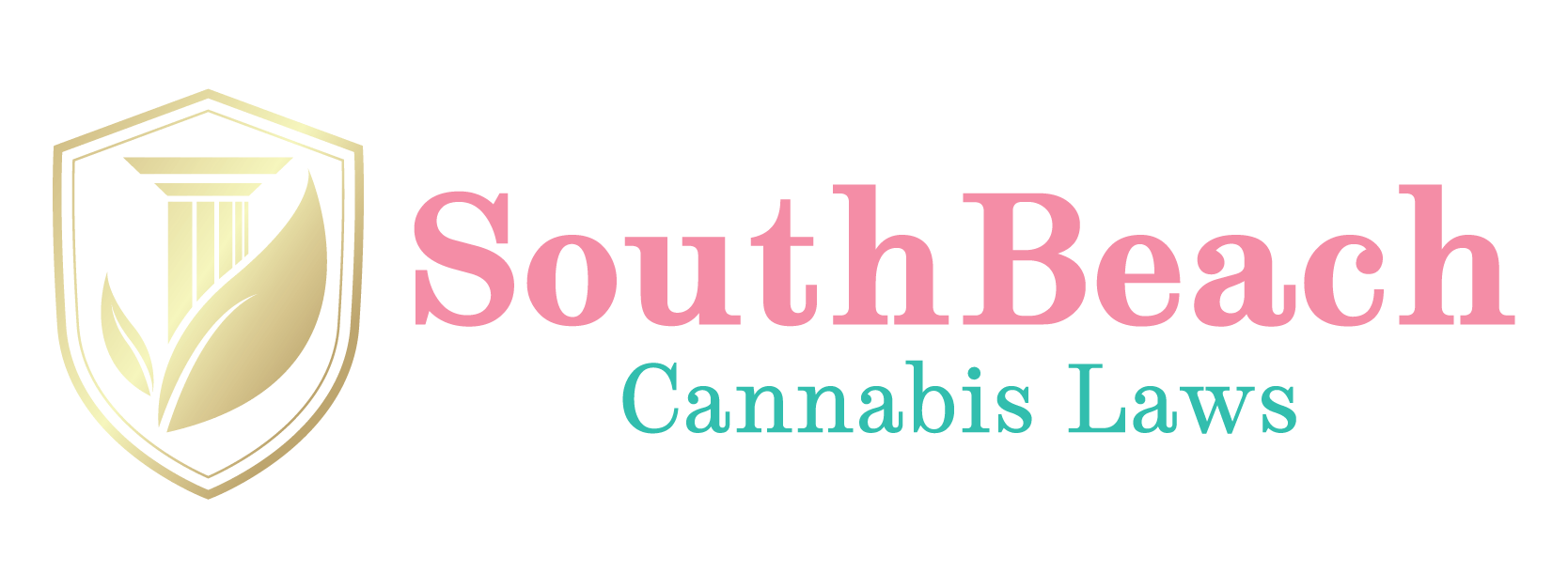The potential federal rescheduling of cannabis has become a hot topic in recent months, with mounting speculation that the substance could be reclassified as a Schedule III drug within the next year. As cannabis continues to gain widespread acceptance for both medical and recreational use in numerous U.S. states, the push for federal reform is gaining momentum. Currently classified as a Schedule I drug, cannabis is subject to strict federal prohibitions, but key political figures and advocates are pushing for a change that could open the door to significant economic, medical, and legal opportunities.
Current Legal Status of Cannabis
As of 2024, cannabis is classified as a Schedule I substance under the Controlled Substances Act. Schedule I drugs are defined by the Drug Enforcement Administration (DEA) as having “no currently accepted medical use and a high potential for abuse,” alongside drugs like heroin and LSD. This classification has long been criticized by advocates for cannabis reform, as it imposes restrictions on research, banking, and legal access to the cannabis industry—despite its legalization in more than half of U.S. states for medical or recreational purposes.
If cannabis is reclassified as a Schedule III drug, it would indicate that the federal government recognizes it as having accepted medical uses and a lower potential for abuse compared to Schedule I drugs. This reclassification would represent a major step toward reducing federal restrictions on cannabis, enabling more research, access to banking services for cannabis businesses, and easing tax burdens.
Political Figures Advocating for Rescheduling
Several key political figures have come forward in support of rescheduling cannabis in 2024. Among the most prominent advocates is Senate Majority Leader Chuck Schumer, who has long been a vocal proponent of cannabis reform. Schumer has introduced and supported various pieces of legislation aimed at federal cannabis legalization. While full legalization remains his ultimate goal, Schumer has acknowledged that rescheduling cannabis to a lower category, such as Schedule III, could serve as an interim step.
President Joe Biden has also expressed his willingness to consider cannabis reform. In October 2022, Biden issued a directive to the Department of Health and Human Services (HHS) and the Attorney General to review cannabis’s Schedule I classification. This move was viewed as a significant shift in federal cannabis policy, as it marked one of the first times a sitting president had taken action toward reconsidering cannabis’s legal status. The review, initiated by the Biden administration, has led to speculation that cannabis could be reclassified in the near future, potentially leading to a Schedule III designation.
Congressional Support and Legislative Efforts
In Congress, a growing number of lawmakers have signaled their support for rescheduling cannabis. Rep. Earl Blumenauer (D-OR), co-founder of the Congressional Cannabis Caucus, has consistently pushed for federal reform. Blumenauer and other members of Congress have introduced legislation aimed at legalizing cannabis or rescheduling it to reduce its restrictions. Sen. Cory Booker (D-NJ) and Sen. Rand Paul (R-KY) have also championed reform efforts, including bills that address cannabis’s Schedule I status and the broader legal and economic issues facing the industry.
Obstacles to Rescheduling
Despite growing political momentum, several obstacles could impede cannabis reform. The DEA has historically opposed cannabis reclassification, arguing that it remains a substance with high abuse potential. Even if cannabis were rescheduled to Schedule III, it would still be subject to federal regulation, and many of the restrictions associated with cannabis use and distribution might remain in place. This incremental approach may also fall short of advocates’ hopes for full legalization and regulation of cannabis in the same manner as alcohol or tobacco.
Additionally, achieving broad bipartisan support in Congress remains a challenge, even as public support for cannabis legalization has reached record highs. A 2023 Gallup poll showed that 68% of Americans support legalizing cannabis for recreational use, reflecting a notable shift in public opinion. However, political divisions could still slow federal reform efforts.
The Path Forward
While it’s difficult to predict with certainty, the groundwork for rescheduling cannabis has been laid. With President Biden’s directive to review its classification and support from prominent lawmakers like Chuck Schumer and Earl Blumenauer, the chances of federal cannabis rescheduling in 2024 appear stronger than in previous years. A move to Schedule III could significantly impact the industry by opening doors for research, investment, and broader medical applications.
As the debate around cannabis reform continues, the next year will be critical in determining whether cannabis will finally be rescheduled at the federal level.
